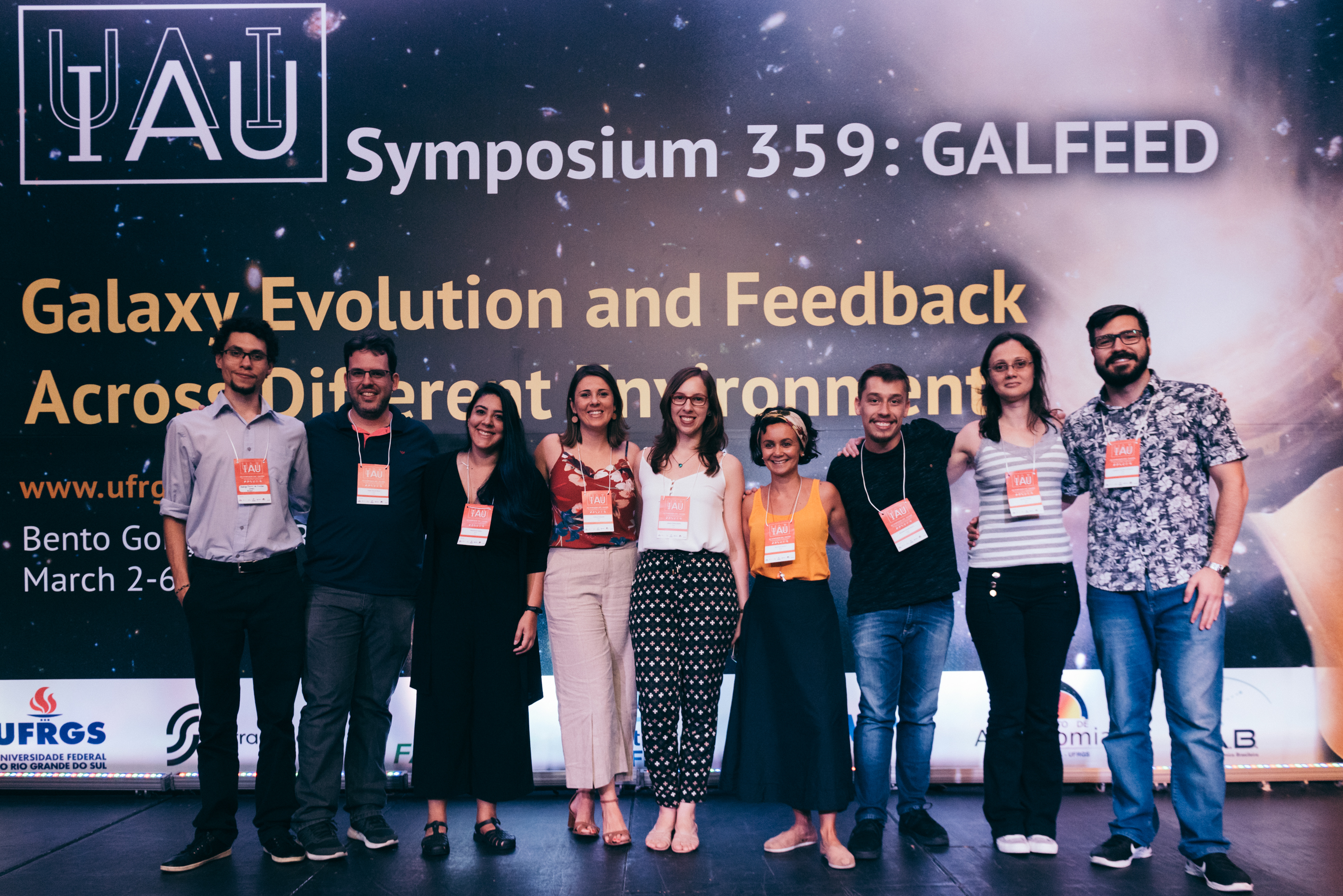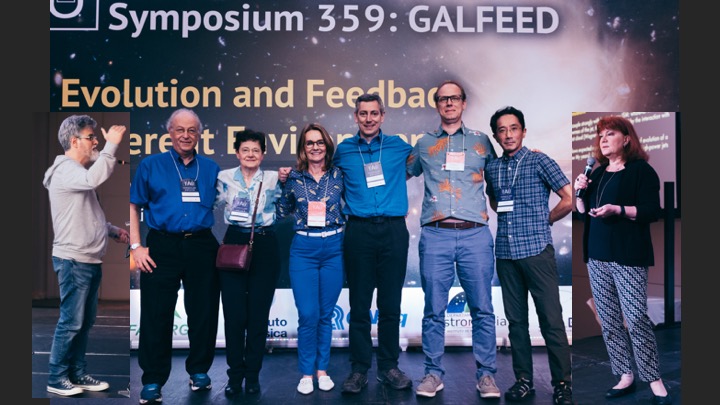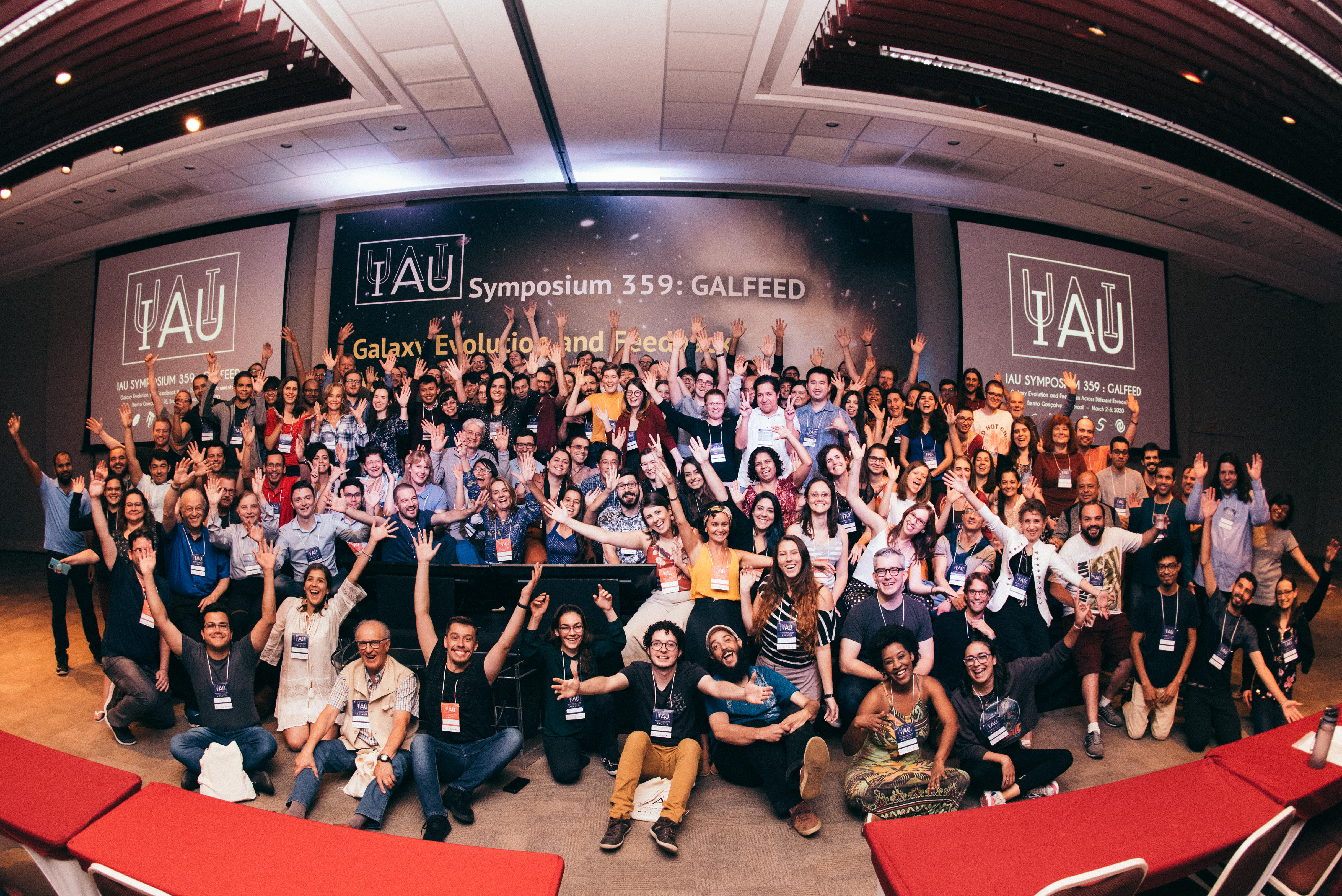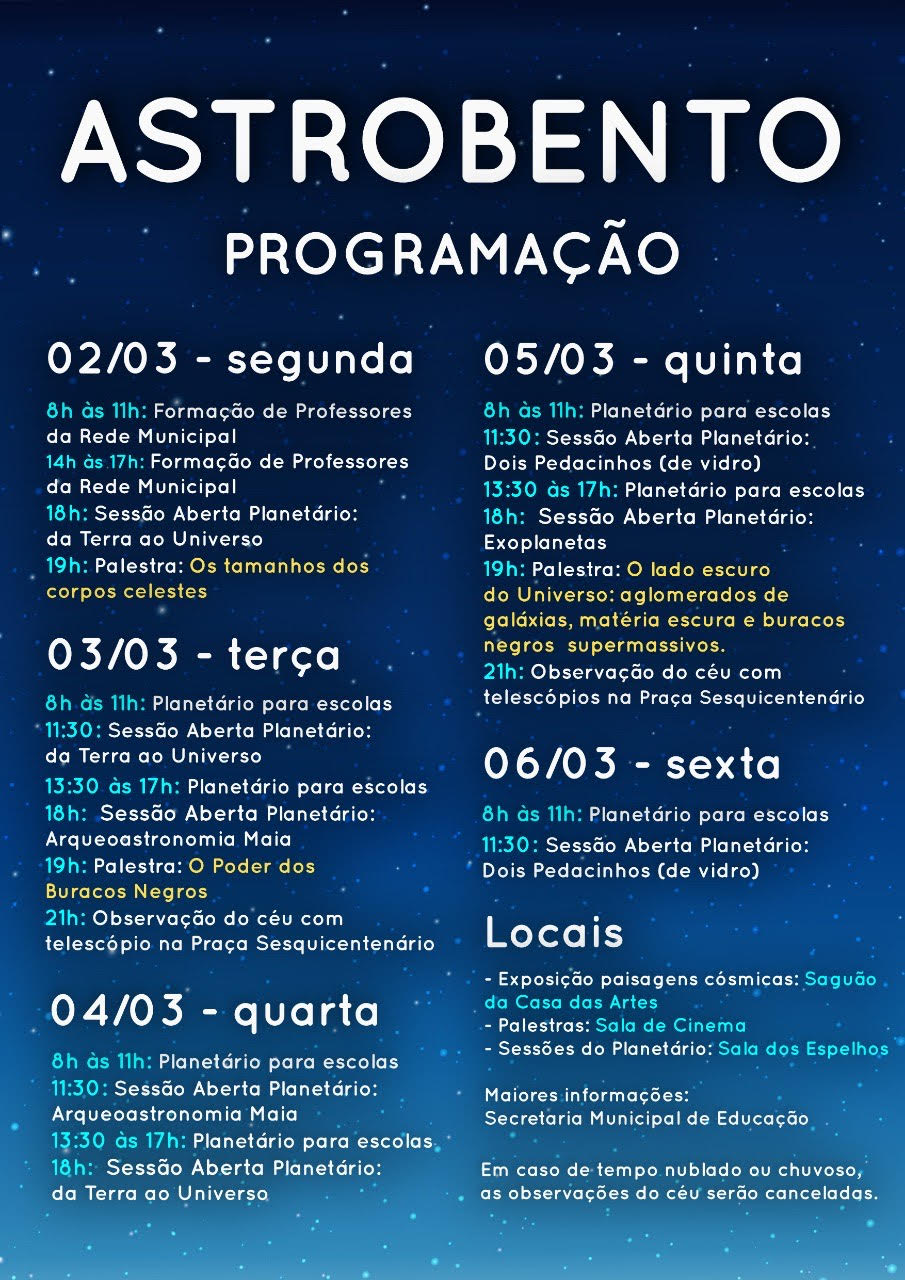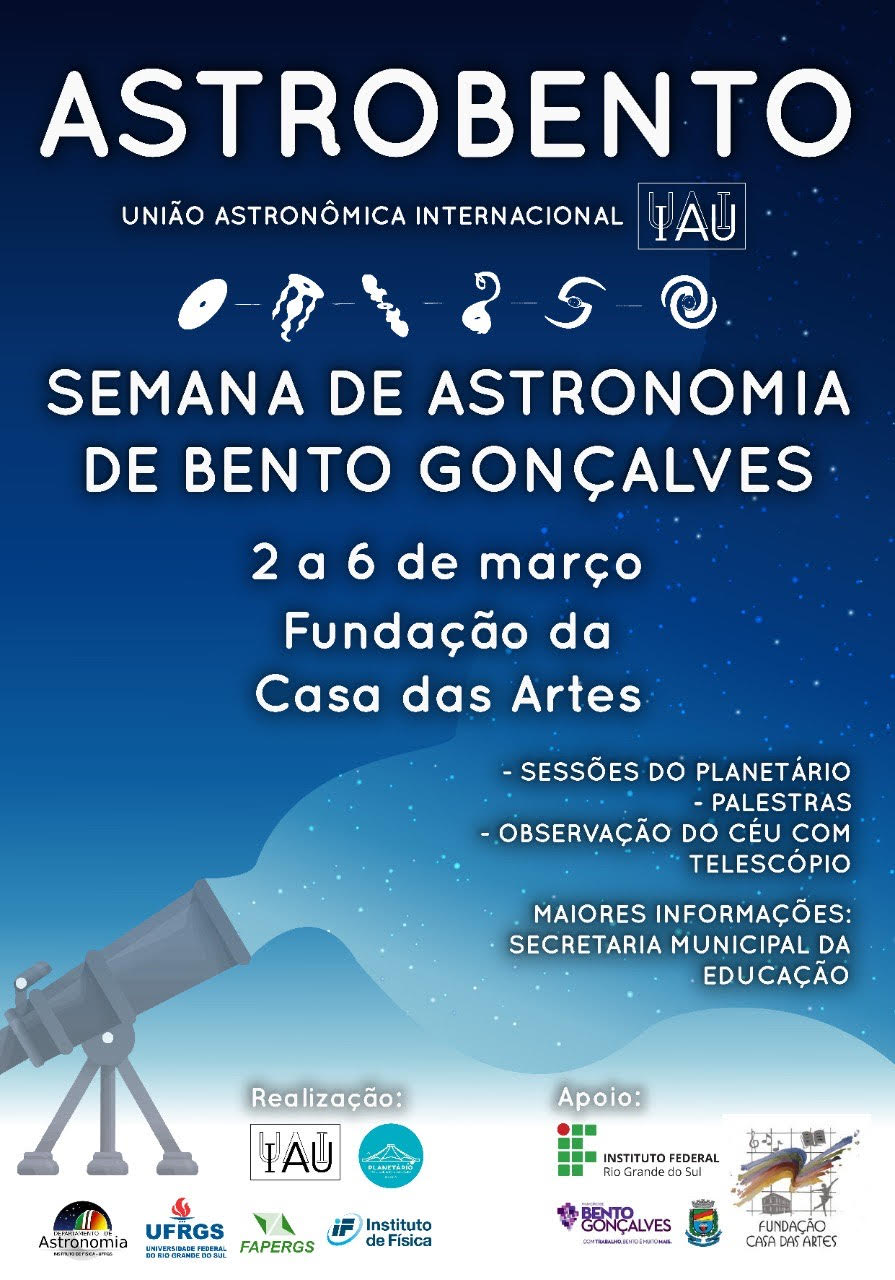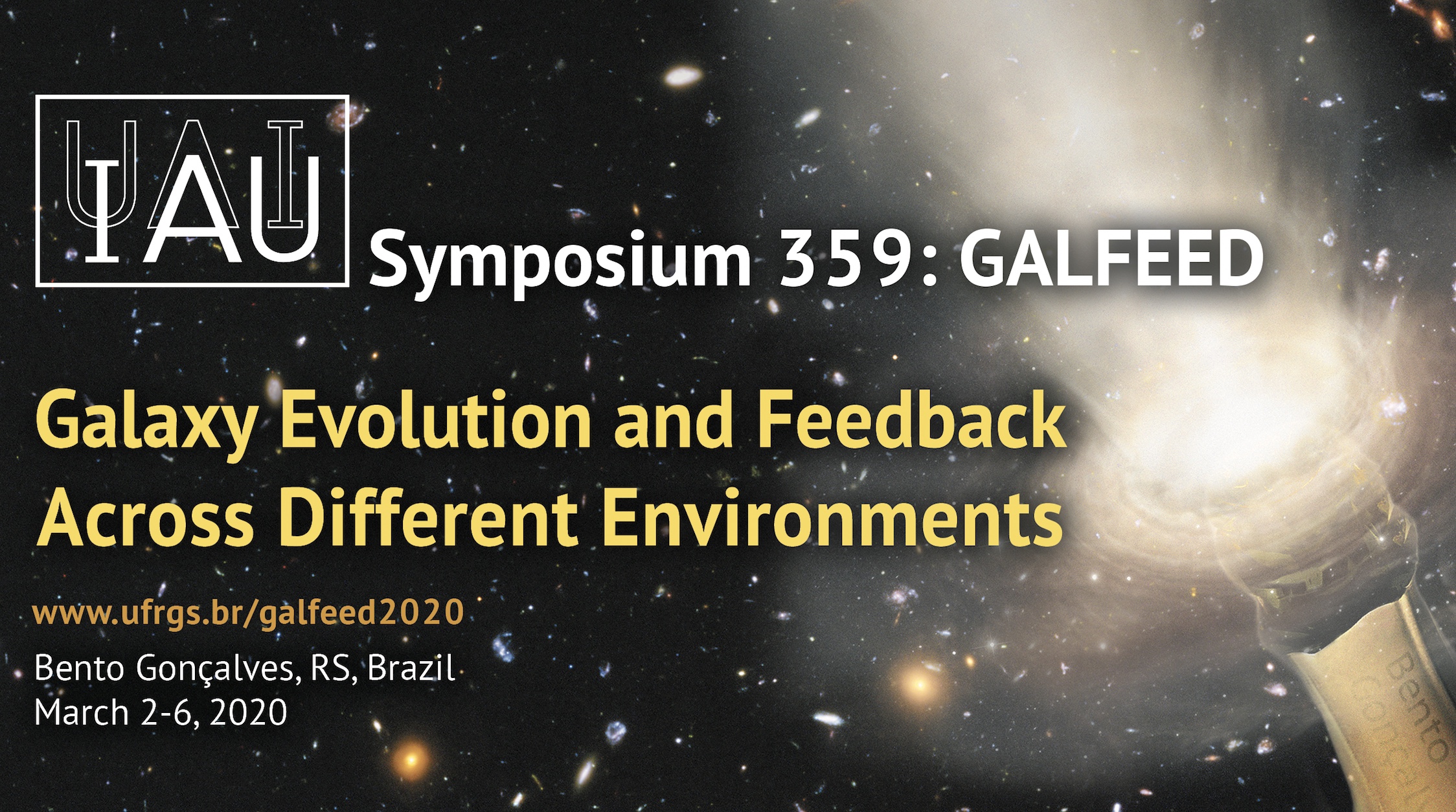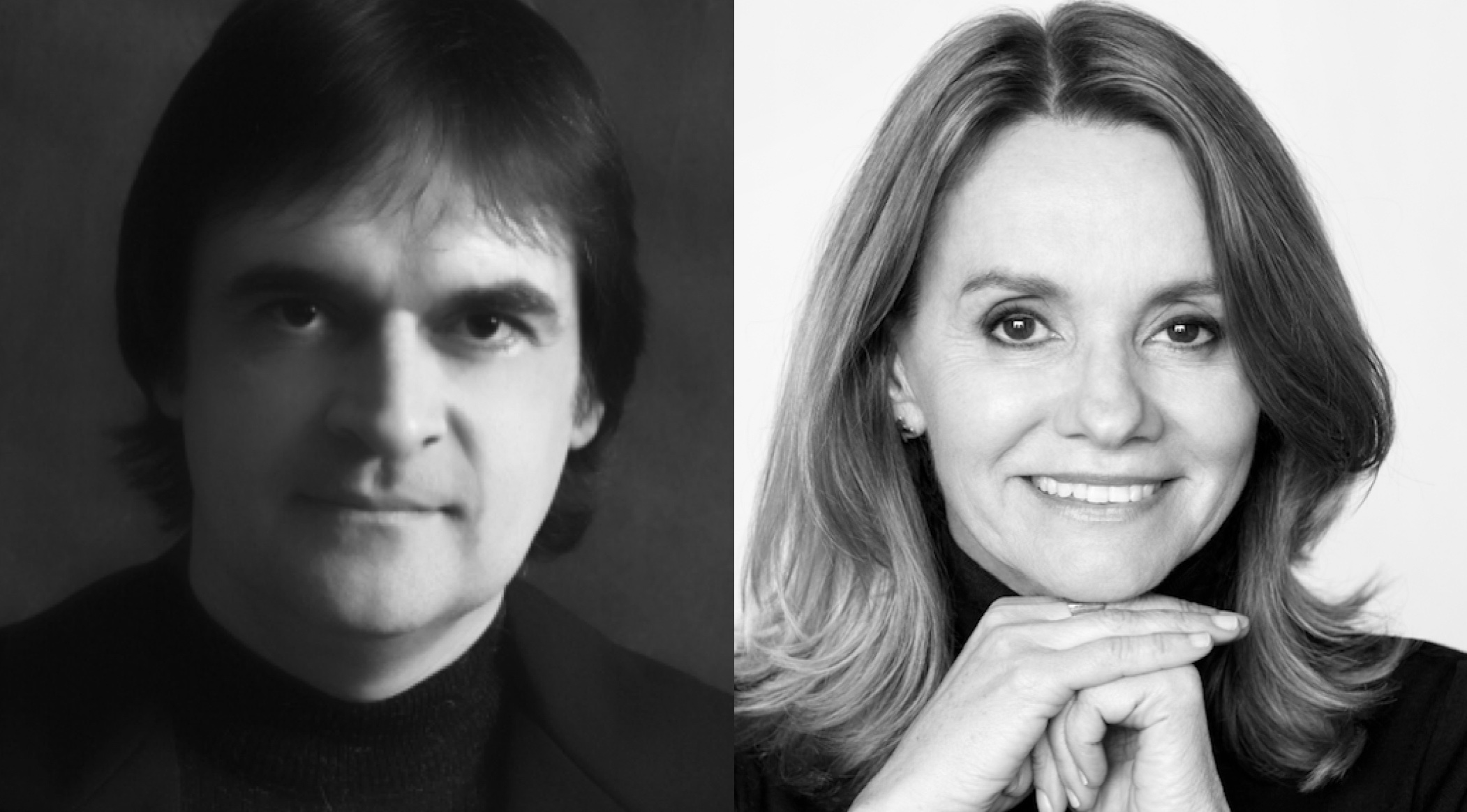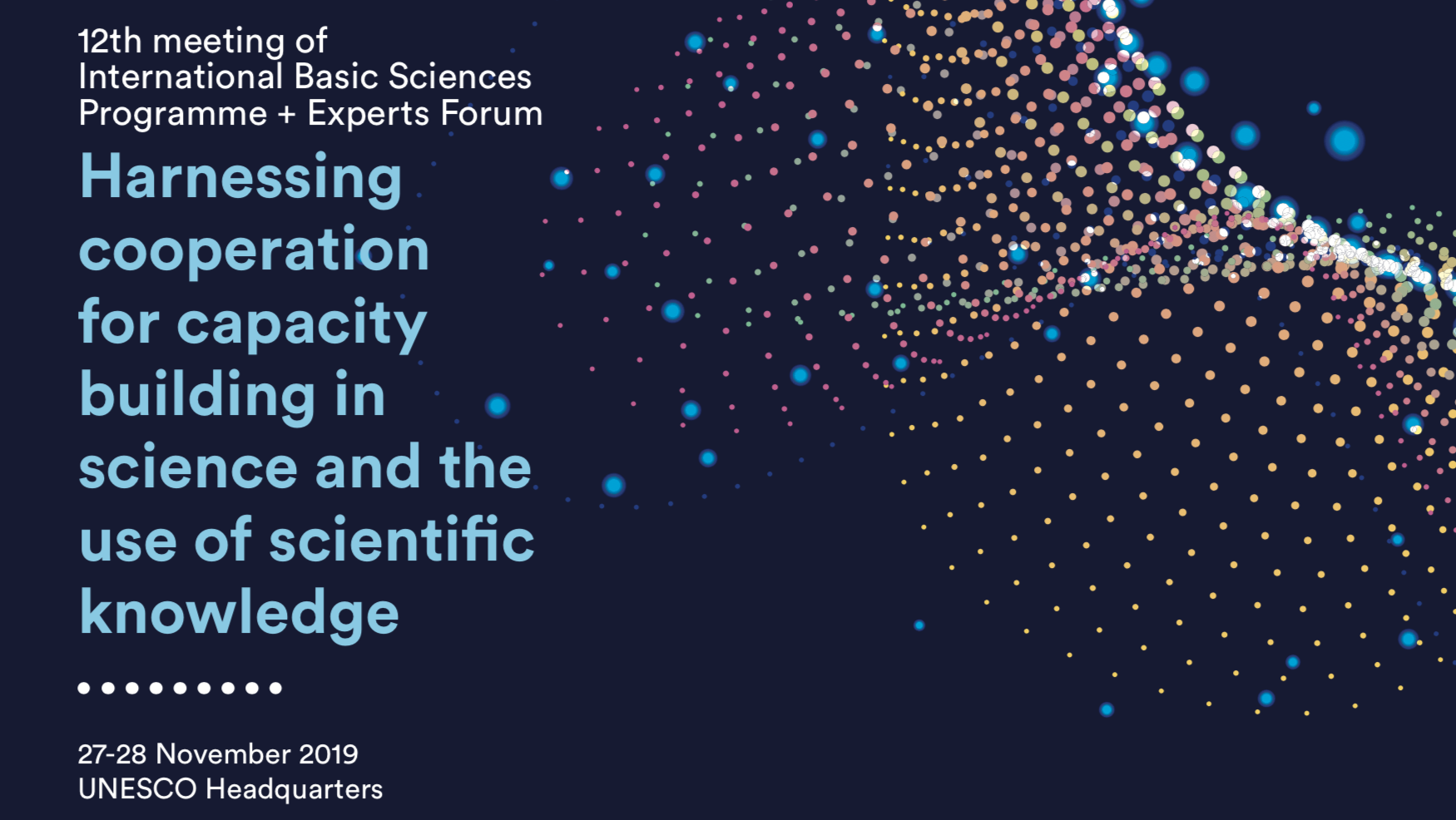
IAU Symposium 359 – GALFEED – 4th announcement
The IAU Symposium 359 – Galaxy Evolution and Feedback across Different Environments (GALFEED) will take place March 2 – 6, 2020 at the Dall’Onder hotel, in the town of Bento Gonçalves, south of Brazil.
NEW DEADLINE – December 18: The deadline for general registration, abstract submission and payment of the early registration fee (250 EUR) has been postponed to December 18, 2019. Register at: https://www.ufrgs.br/galfeed2020/registration/
HOTEL RESERVATIONS: Please contact the hotel directly to make your reservations using the promotional code SympASTRO2020, clicking in the link Reserva online on the upper right corner of the Hotel Dall’Onder homepage.
Goal of the IAU Symposium 359 – GALFEED: Bring together the Galaxy Evolution and AGN communities in order to advance our understanding of the interplay between these processes via observations and models across different environments and cosmic time.
Extra-science attractions: The town of Bento Gonçalves is located at the center of the wine county in the south of Brazil, home of prize-winning wineries and of a beautiful countryside, that can be explored via hiking, biking and picturesque tram rides.
VISA: There is no need of VISA to enter Brazil (only a valid passport) for citizens of the following countries: United States, Canada, countries of Europe, Australia, Japan and most countries of Latin America. If you are in doubt if your nationality requires a VISA to enter Brazil, please consult the official list from the Brazilian government .
More details on the “IAU SYMP. 359 – GALFEED” can be found via the: homepage: http://www.ufrgs.br/galfeed2020 and e-mail contact: contact.galfeed2020@if.ufrgs.br
Hoping to welcome you at our Symposium next March,
Thaisa Storchi Bergmann & Rogério Riffel (In the name of the SOC and LOC)
